Can Goats Eat Bermuda Hay? Bountiful Bermuda:
We go for a walk every morning. And we go through a lot of crops. One day, we saw that a man was carrying goats. So we thought that the goat was a pet. They eat all kinds of grass. And they eat these vegetables and their leaves with great enthusiasm. And we wondered if goats could eat Bermuda grass. If you can eat it, what are its benefits? And we have explained what are its disadvantages.
What Is Bermuda Hay?
Bermuda hay, also known as Bermudagrass hay, is a type of grass hay commonly used as forage for livestock, especially horses. It’s derived from Bermudagrass, which is a warm-season perennial grass. Bermuda grass is relatively low in protein and energy. At the same time, It is very easily digestible compared to other types of grass, such as alfalfa. It is a good weed for animals with sensitive digestive systems. Some goats may be allergic to Bermuda grass. And it can be dusty, too, which may exacerbate respiratory problems in susceptible animals.
Can Goats Eat Bermuda Hay?
Goats can eat Bermuda grass. Bermuda grass is a good source of fodder for goats. Bermuda grass is much lower in protein and energy than other grasses. It can provide adequate nutrition for the hair and low production stages. Bermuda grass is easily digested, which is very beneficial for goats. Mostly, these are older goats and those with dental problems. It is very beneficial for them. Make sure that the grass is of good quality and free from dust and debris because they can cause health problems in goats. Bermuda grass can be a good part of a balanced diet for goats, especially when used with other feedstuffs to meet their nutritional needs.
Health Benefits Of Bermuda Hay For Goats?
Bermuda grass is an excellent source of feed for goats. From which Gwats can benefit a lot. Which gives the best growth of goats. And offers many health benefits.
Digestive Health:
Bermuda hay is a good source of fiber, which is crucial for the proper functioning of a goat’s rumen. Adequate fiber is essential for rumen motility and helps prevent digestive disturbances like bloating or acidosis, which can occur with diets high in concentrates.
Dental Health:
The process of chewing hay is beneficial for a goat’s dental health. It helps in the natural wearing down of their continuously growing teeth.
Weight Maintenance:
Being lower in protein and energy compared to richer hays like alfalfa and Bermuda hay can help in maintaining an optimal weight in goats. It is especially useful for goats that are less active or have lower nutritional needs.
Prevents Overeating:
Bermuda hay can be used to provide ‘free-choice’ feeding, which can help prevent overeating that might occur with richer, more calorie-dense feeds. This can be particularly beneficial in managing the weight of goats prone to obesity.
Minimizes Behavioral Issues:
Providing hay can minimize boredom and associated behavioral issues in goats. Chewing hay is a time-consuming activity that engages goats and satisfies their natural foraging instincts.
Reduced Risk of Toxicity:
Unlike some richer hays, Bermuda hay has a lower risk of causing urinary calculi in male goats due to its balanced calcium-to-phosphorus ratio.
Good for Pregnant or Lactating Goats:
For pregnant or lactating goats, while Bermuda hay alone might not meet their heightened nutritional requirements, it can serve as a good base forage complemented by higher protein feeds and supplements.
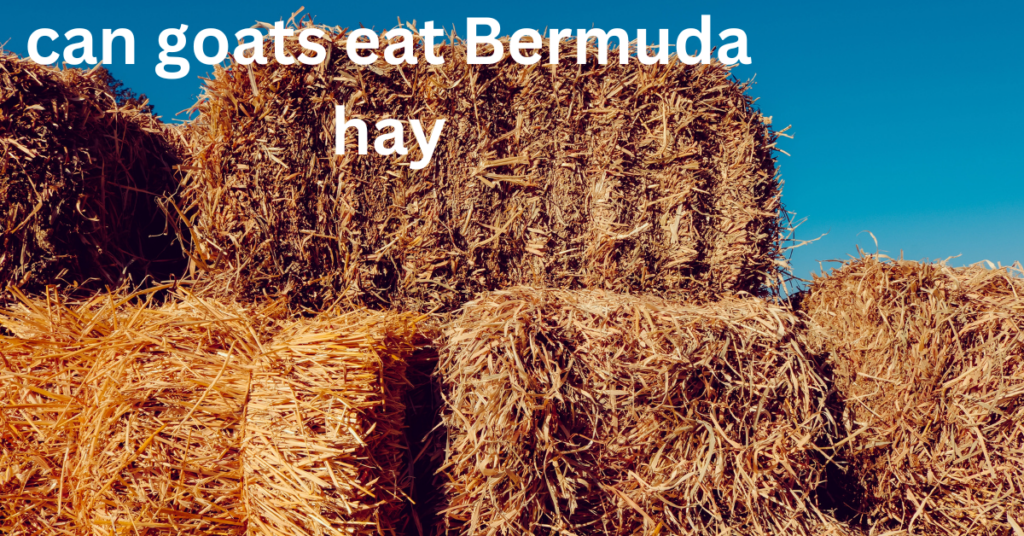
Are There Any Risks In Feeding Bermuda Hay To Goats?
Goats can eat Bermuda grass, which is also safe for them. However, there are some potential risks that need to be aware of.
Nutritional Deficiencies:
Bermuda hay is lower in protein and certain minerals compared to other forages like alfalfa. If Bermuda hay constitutes a large portion of the diet, goats might not receive adequate nutrition, especially in terms of protein and certain minerals like calcium. This can be a concern for growing kids, pregnant or lactating dogs, and highly active goats.
Quality Issues:
If the hay is of poor quality, e.g., overly mature, moldy, or dusty, it can lead to health problems. Moldy hay can cause respiratory issues and other health problems, while dusty hay can irritate the respiratory tract.
Pesticides and Herbicides:
If the hay has been treated with pesticides or herbicides, there’s a risk of chemical exposure, which can be harmful to goats. It’s important to know the source of your hay and how it was produced.
Risk of Choking:
Although rare, there is a risk of choking, especially if the hay is coarse or if the goats are eating too quickly. Always ensure that goats have access to clean, fresh water when feeding hay.
Parasites and Weeds:
Hay can sometimes be a carrier for parasites or weed seeds. Feeding Bermuda hay from a reliable source and practicing good pasture management can help mitigate these risks.
Bloat Risk: While less likely with hay than with lush pasture, there is still a small risk of bloat, particularly if goats are not used to Bermuda hay and it is introduced rapidly into their diet.
Allergic Reactions:
In rare cases, goats might have an allergic reaction to certain types of hay, including Bermuda hay.
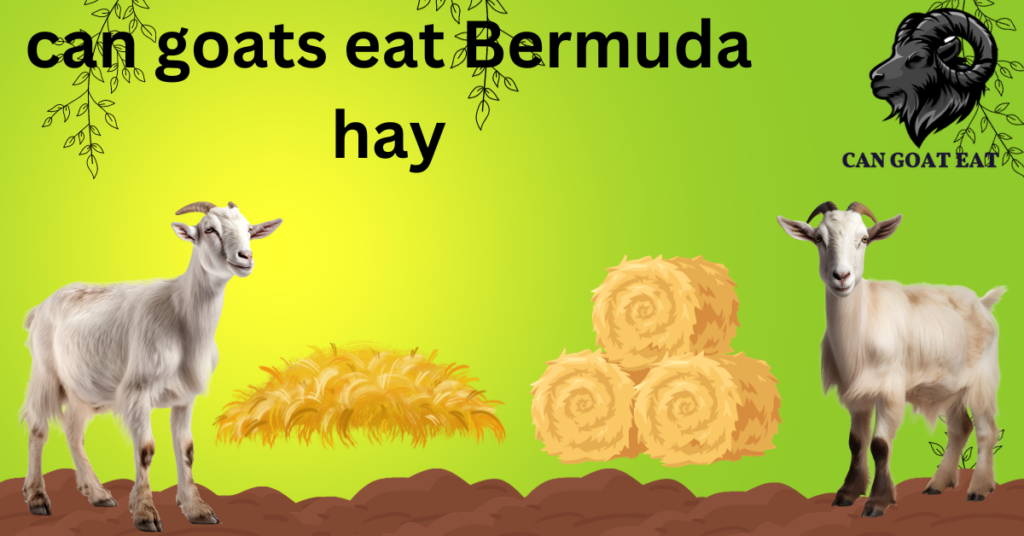
Conclusion: Can baby Goats Eat Bermuda Hay?
Baby goats can eat Bermuda grass when children are very young. So their main source of nutrition is their mother’s milk. You can give Koger Midega’s to the goat kids at this time when they are able to chew grass. The amount of protein in Barmaid grass is very low. Children need more protein and nutrients for proper growth. Goats have a sensitive digestive system. So, give the kids a certain amount of Bermuda grass. If you give them too much, they will get sick. The overall diet of goat kids depends on the specific needs of the kids. Additional supplements with vitamins and minerals may be necessary.
FAQ’s:
Yes, goats can eat Bermuda hay. Bermuda grass hay is a common and nutritious forage option for goats.
Bermuda hay provides essential nutrients for goats, including fiber, protein, vitamins, and minerals. It is a good source of roughage, promoting healthy digestion.
Bermuda hay can be offered to goats in a clean and dry feeding area. Ensure that the hay is free from mold, dust, or contaminants to maintain the health of the goats.
While Bermuda hay can be a significant part of a goat’s diet, it’s essential to provide a well-balanced diet that includes a mix of forages, grains, and other nutritional supplements.
Feeding goats Bermuda hay in appropriate amounts is generally safe. However, overfeeding or providing hay that is moldy or contaminated can lead to health issues. Monitor your goats for signs of digestive upset.
The amount of Bermuda hay to feed goats depends on factors such as their size, age, and activity level. Consult with a veterinarian to determine the appropriate quantity based on your specific goats’ needs.
Pregnant and lactating goats may have increased nutritional requirements. Consult with a veterinarian to adjust their diet accordingly, ensuring they receive adequate nutrients for their stage of life.
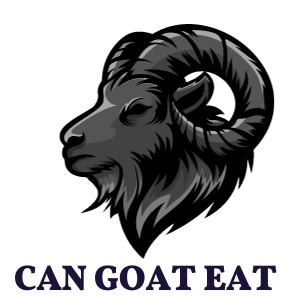
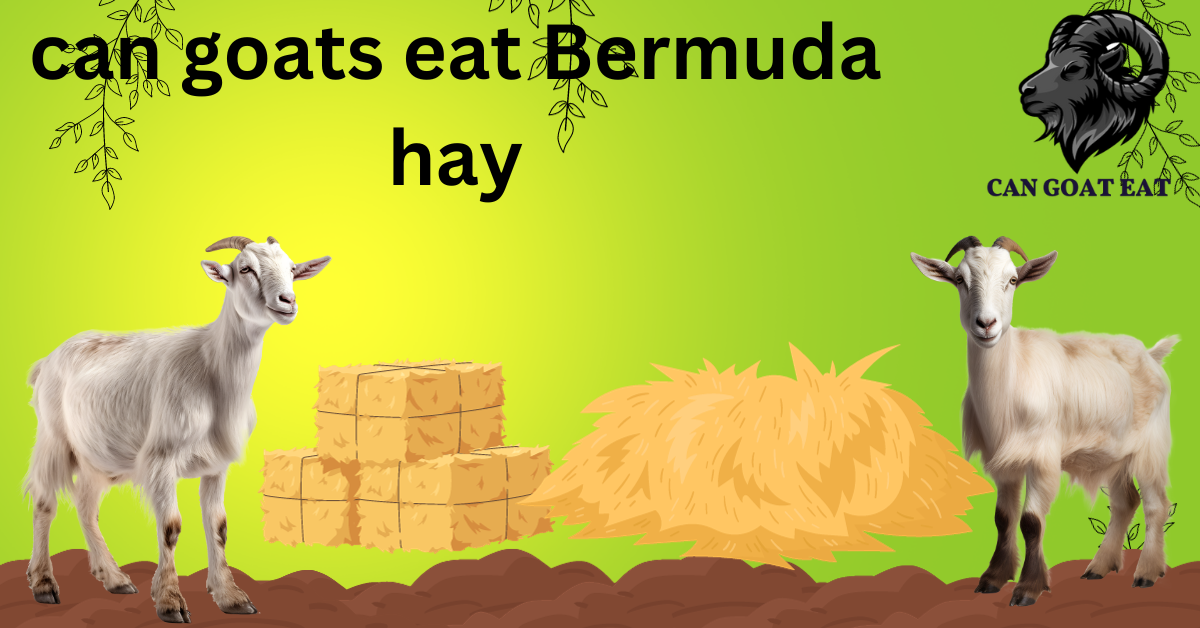
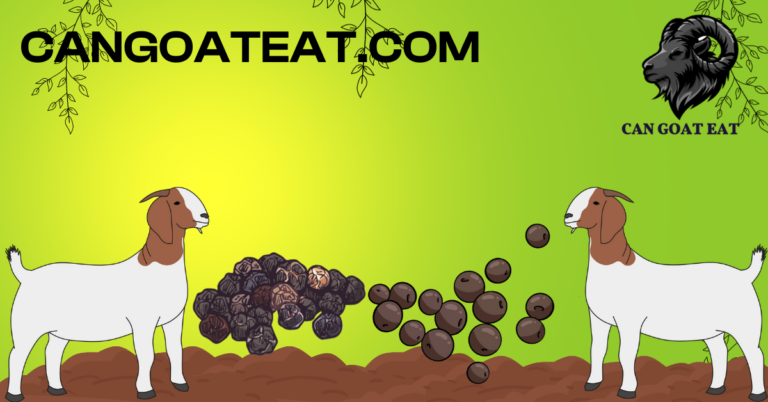
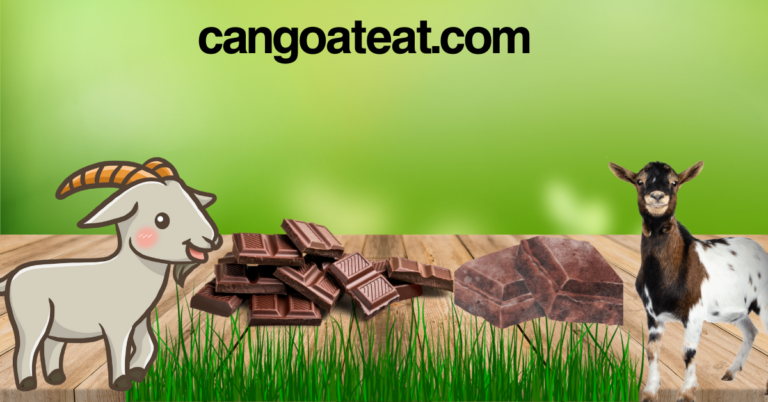
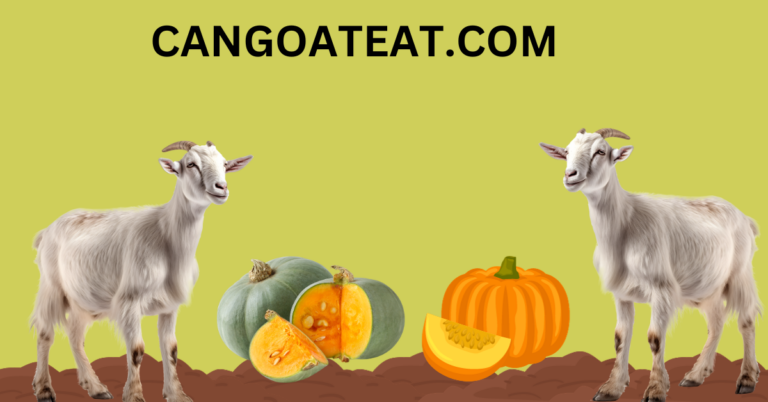
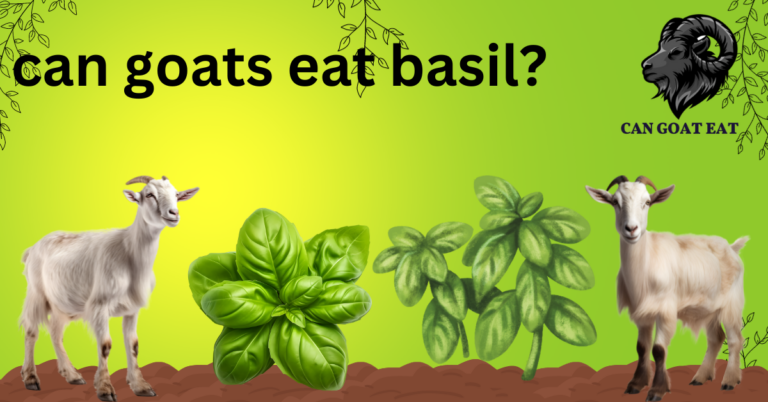
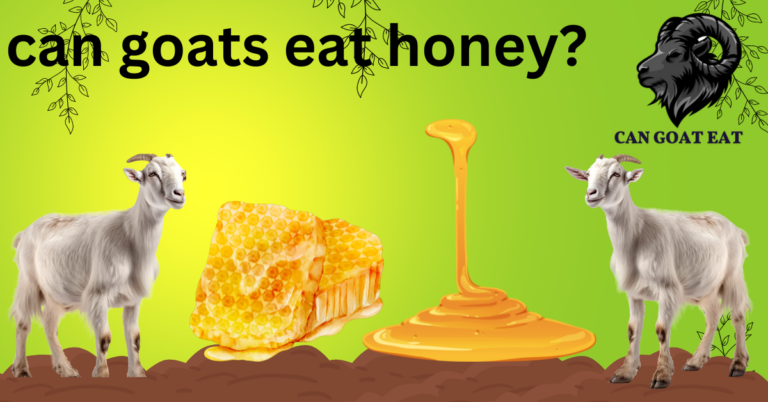
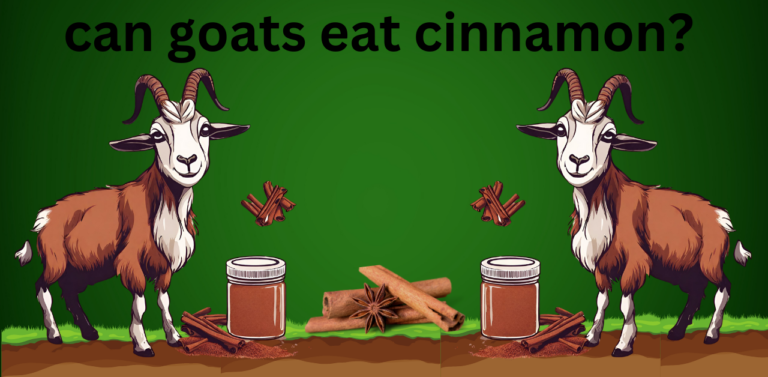
One Comment